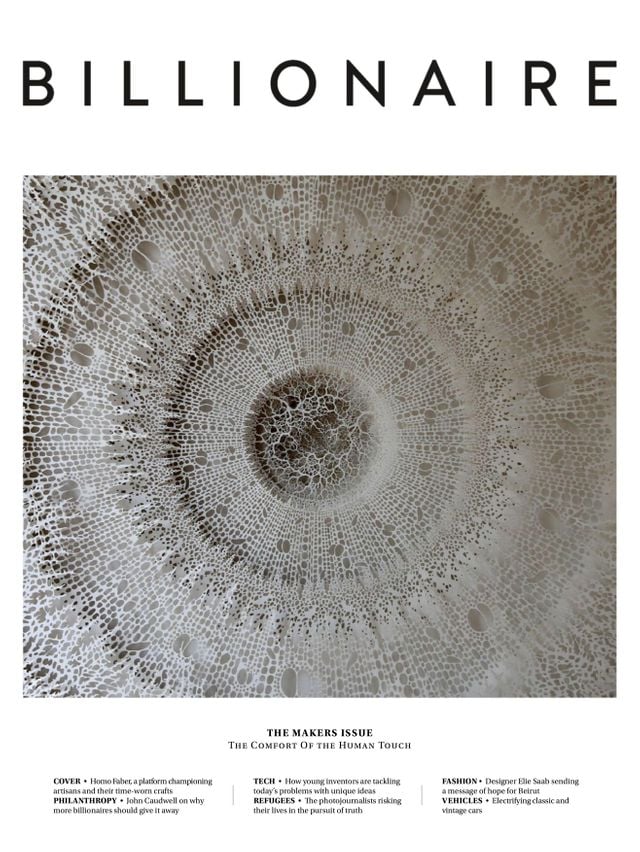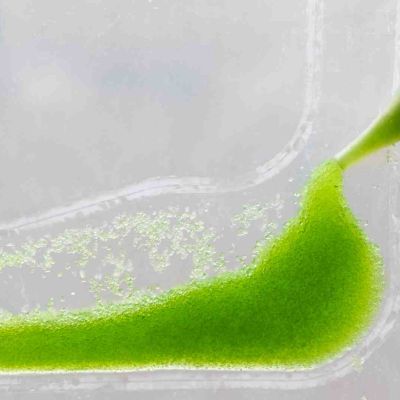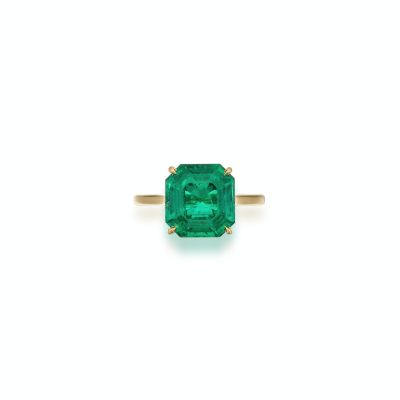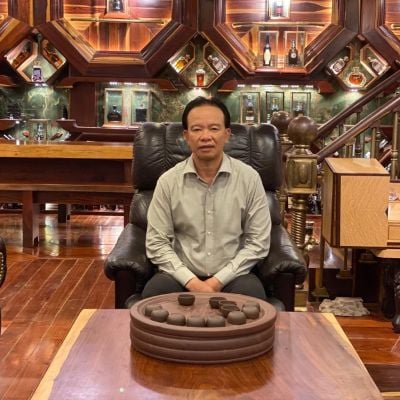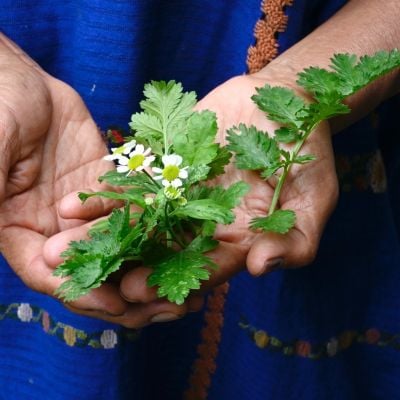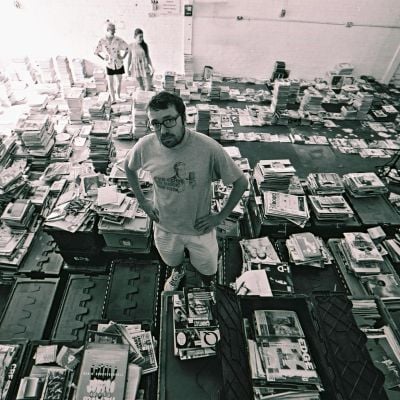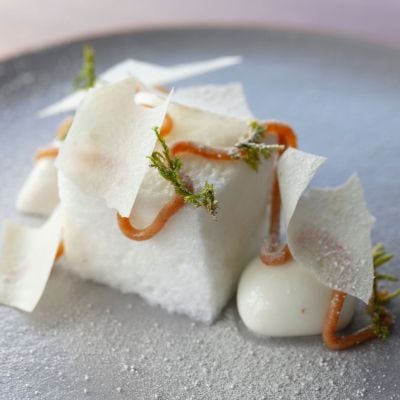The Making of a Billionaire
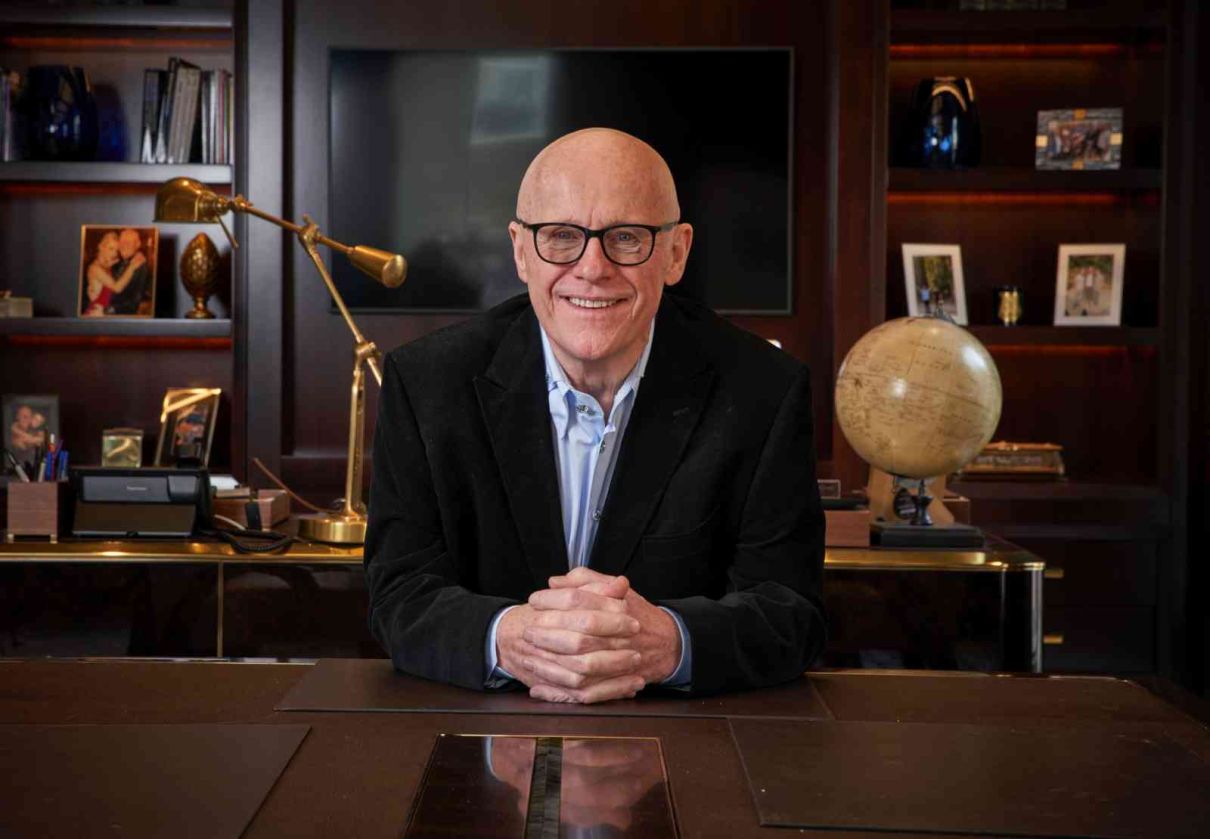
John Caudwell personifies the rags-to-riches story more than most.
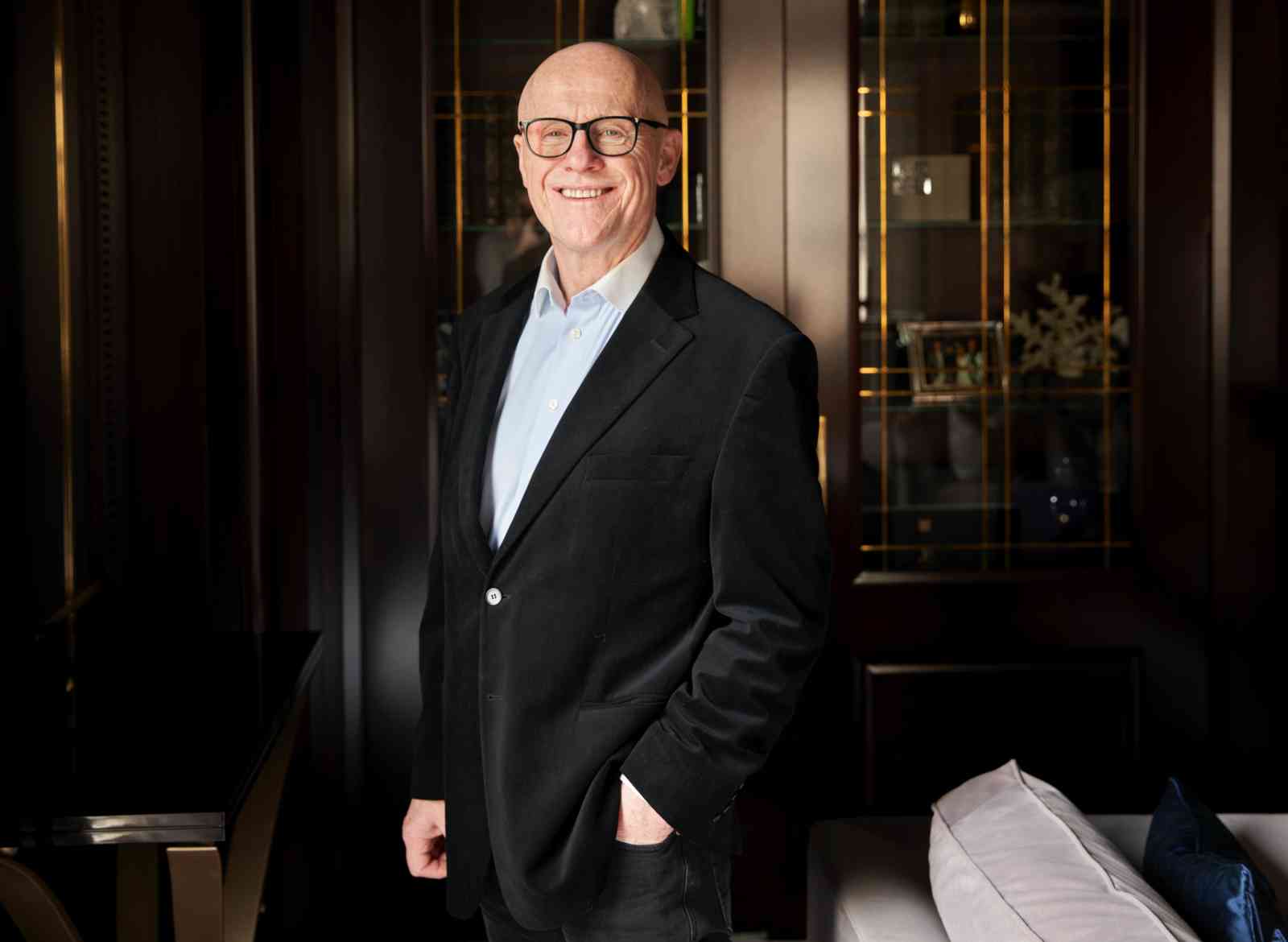
Billionaires aren’t born every day. There were only around 2,755 of them globally in 2021, according to Forbes, which equates to around 0.00003 percent of the planet’s population. Pundits have long debated the secret sauce that goes into making a billionaire; scores and scores of self-help books have been written on the subject.
Stoke-on-Trent-born businessman and philanthropist John Caudwell, with a net worth of £1.5 billion, personifies the fairy-tale rags-to-riches story more than most. As we speak in his Mayfair office, he says it was a perfect storm.
The luck of having an innate enterprising nature was essential to his financial success, he says, as he recalls flogging toys to his friends at the age of five on the housing estate in Stoke-on-Trent where he grew up in the 1950s. When his own toys ran out, he would buy and sell others for a profit. “I was born with an entrepreneurial streak; I just did things that no one else was doing and I’ve always been fascinated by opportunities and arbitrage,” says Caudwell. But that alone wasn’t enough; in addition, was his difficult childhood, which taught him resilience.
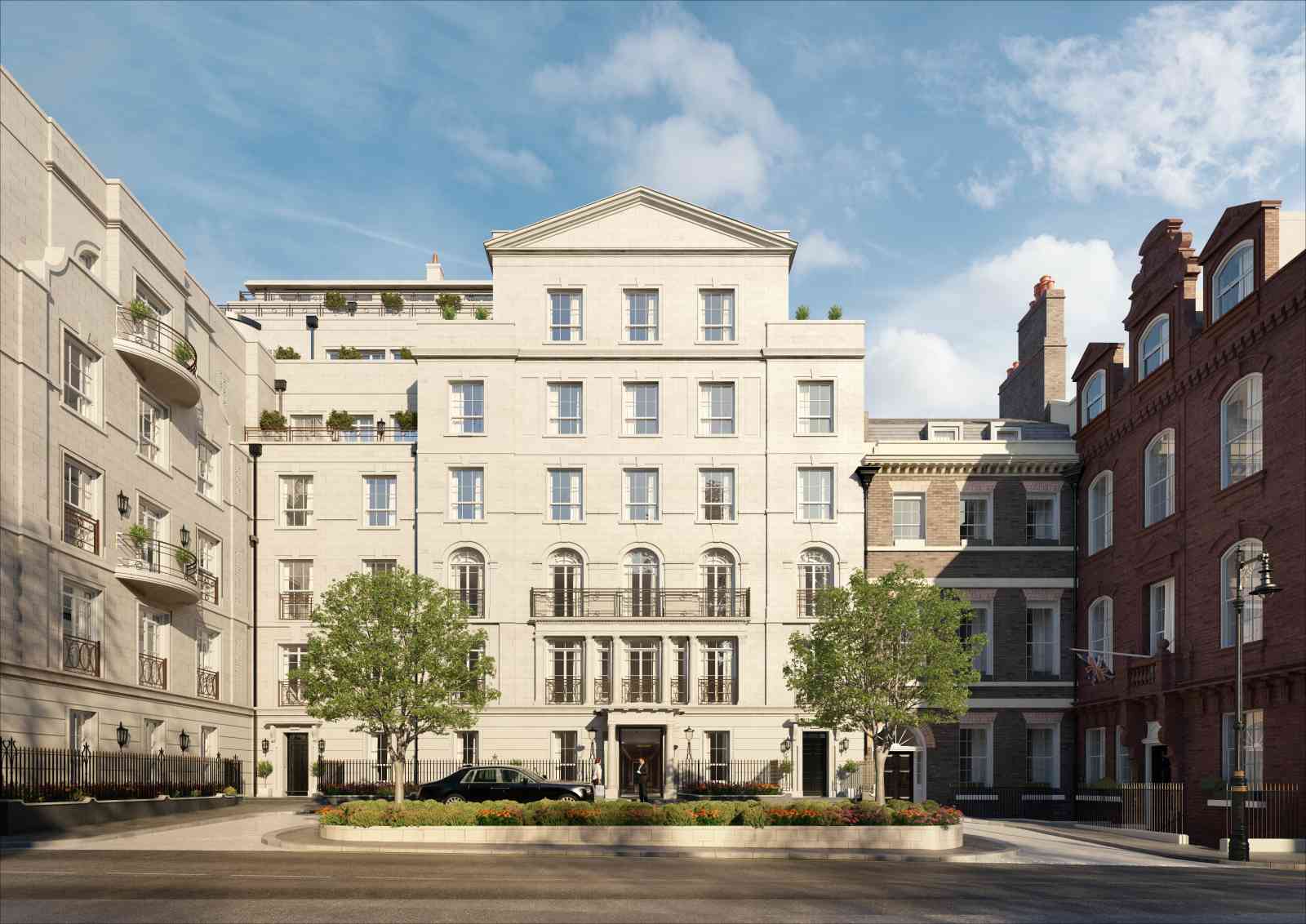
“I’ve had a huge amount of traumas in my life, right from a very young age. People think I’m just a rich guy but that belies the real life I’ve had,” he muses. His father used to beat him for wetting the bed, he recalls, in an interview on BBC Radio 4, among other sad memories.
“One thing that definitely shaped me was my father, an ex-soldier. When I was 11, he got sick, had a stroke and slowly deteriorated until he died when I was 18. All that time I watched my mum slog herself to death trying to look after an ill husband, work 50 hours a week and look after two unruly boys, of which I was definitely the worst.
“I never wanted to be left destitute, with my wife and children having to struggle for an existence. That motivated me to become wealthy,” explains Caudwell.
Another backwards lesson from his father was that of fairness, which Caudwell says is now the defining philosophy for how he lives his life. “My father was somewhat unfair to me as a child, and that sense of unfairness made me desperately keen to be fair to everybody in my life, even if I am harsh, I have got to feel it is fair.”
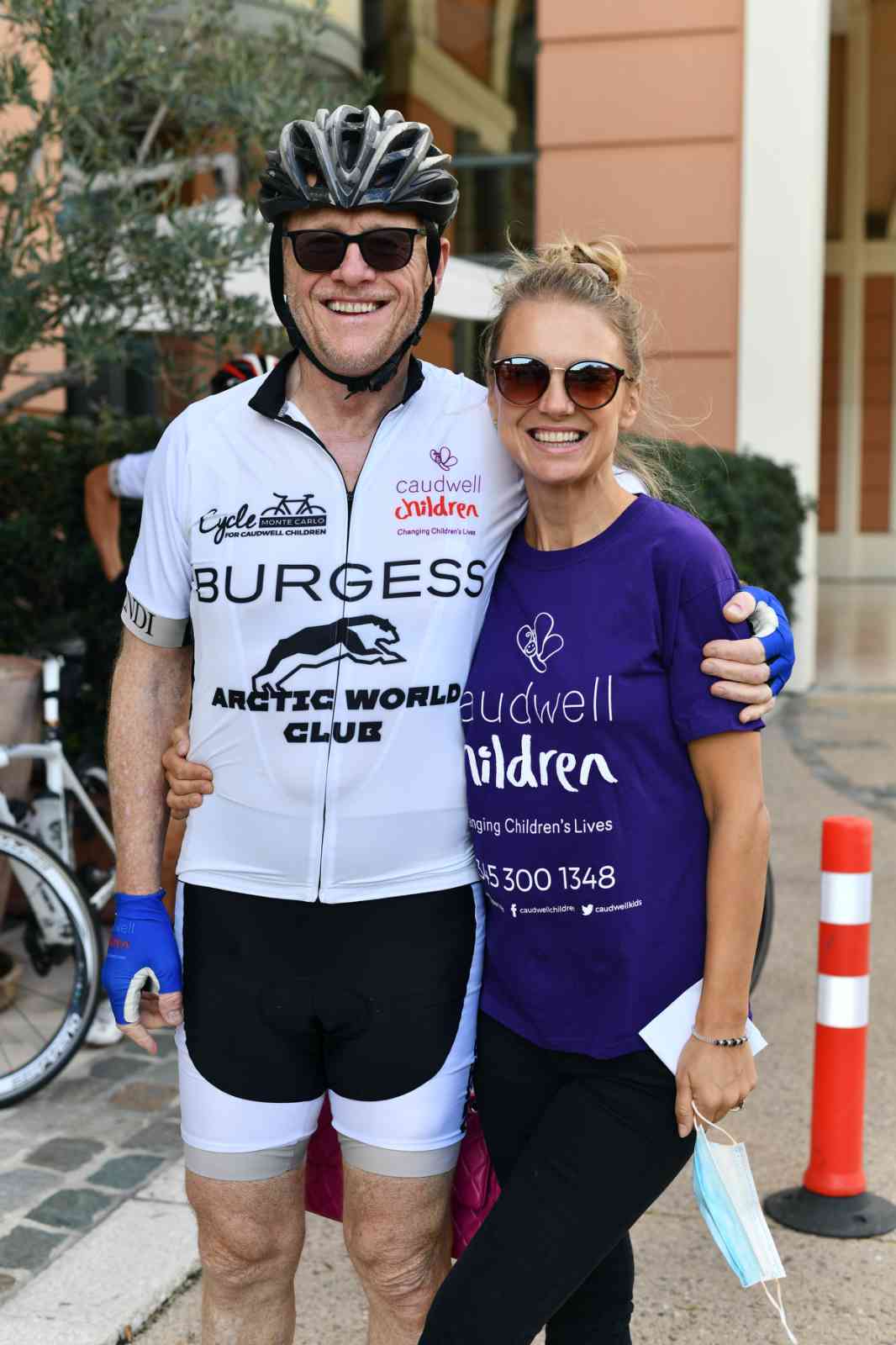
Another trait that is doubtless key to his financial success is that he knows the value of every last pound, despite having over a billion of them. When we discuss how he stays fit (he will be 70 in October, and could be 20 years younger), he waxes about the benefits of a turbo trainer over a Peloton exercise bike, partly because it is less expensive. When we chat about Valentine’s Day, which he spent taking his beautiful partner Modesta Vžesniauskaitė, a Lithuanian Olympic road-bike racing champion to a Michelin star restaurant and then to the theatre to watch Moulin Rouge, he jokes that he would have been happier with a bucket of KFC chicken at “a fraction of the price”.
But Caudwell is far from stingy. In fact, he puts his happiness and well-being down to his philanthropy. “Whenever I’m going through traumas, helping others will rescue my emotions,” he says. “If people are rich and unhappy it is because they’re materialistic. If you spend your life doing good for other people, you get immense spiritual satisfaction. The pleasure I get from my philanthropy is beyond any boats, cars, helicopters, holidays, planes. My message to those who have not yet found philanthropy is that they may well find that it becomes a drug that gives far more pleasure than the creation of wealth.”
It is true that Caudwell seems one of the happiest wealthy people you could meet; he is bursting with positivity and fun despite being in constant pain from a traumatic cycling accident last year that left him with a punctured lung, broken collarbone, shattered shoulder blade and six broken ribs. Also, poignantly, only a few days before we meet, Caudwell’s beloved mother passed away. He talks about her with great love and affection, and evidently takes pleasure in the fact he could afford to make her later years much more comfortable than the struggle of his early childhood.
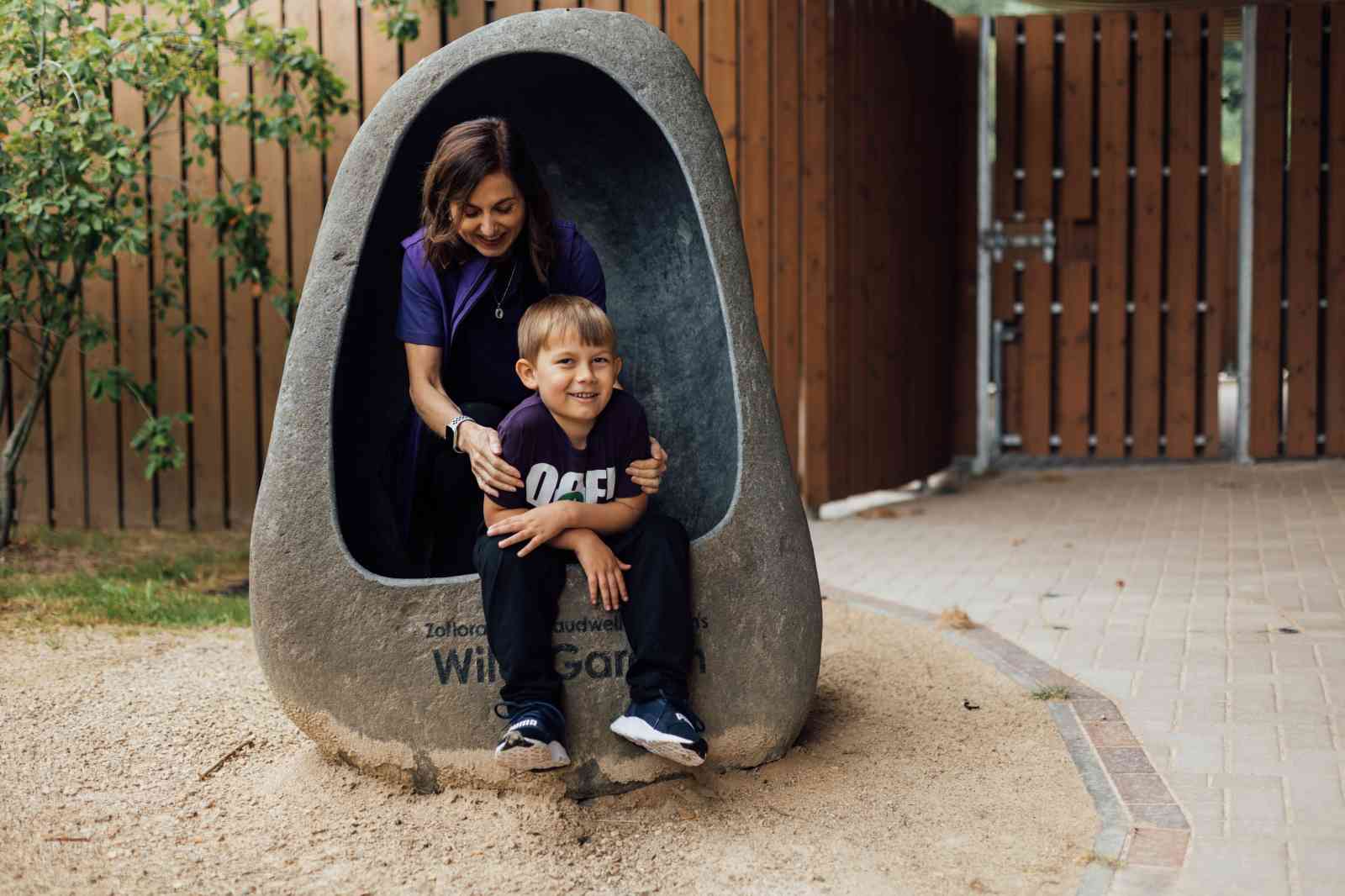
Just over 20 years ago Caudwell decided there was more to life than accumulating wealth, so he set up Caudwell Children, a UK-wide charity that acts to transform the lives of children with disabilities, autism and neurodevelopmental disorders. To date, it has helped some 60,000 children.
“In some cases, it completely transforms their lives; in others it makes their lives more bearable, while for some it can make their dying wishes come true,” says Caudwell.
With impeccable timing he moved to sell his telecommunications business, Phones4U, right before the Global Financial Crisis of 2008. He sensed something was rotten in the financial markets; banks were over-leveraged and the economic structure was going to be impossible to maintain. “I knew everything was wrong,” he says. With his co-founder, younger brother Brian, he sold the business for £1.47 billion to a private equity consortium in 2006 and, luckily, he didn’t trust the banks to manage his money.
“No one thought the banks would ever go under, but I said I’m not having that £1.5 billion going on a bank’s balance sheet. Banks are quite stupid on the whole, always shutting the door after the horse has bolted, so I did every manoeuvre I could do avoid it. When the crash happened, I remember thinking I wish I had all my money under the mattress.”
Perhaps unable to find a big enough mattress, he stuck his money in tangible assets and funds, and only lost 5 percent compared to many peers who saw their net worth plummet 40 percent. He then set about snapping up distressed real estate assets such as warehouses and commercial office blocks, which is how he got into property. “I gradually put everything into property as the safest place to be; bricks and mortar will always have a value. It was a method of insulating myself against the markets and the vagaries of the banks.”
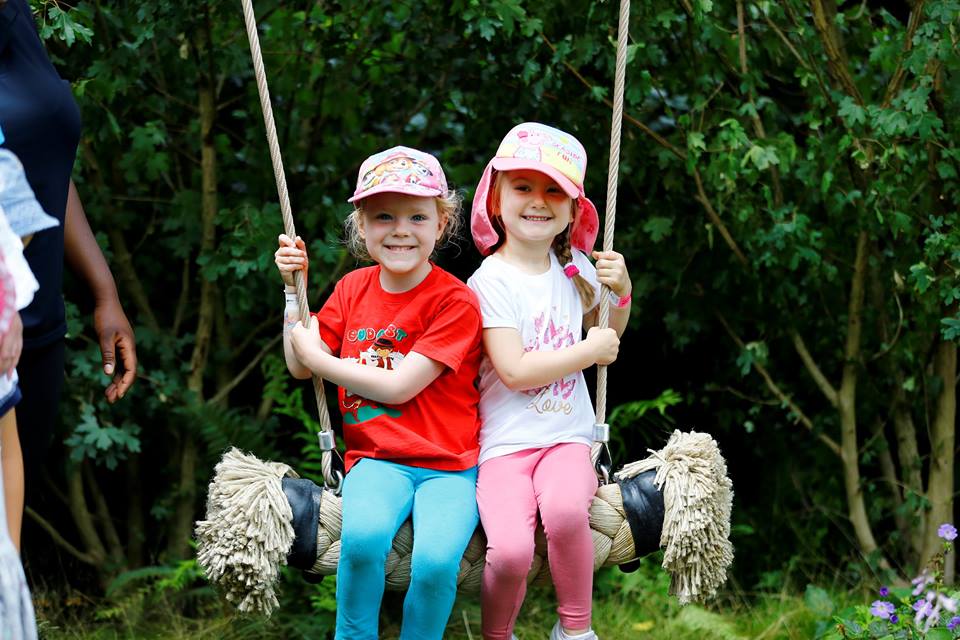
Today, Caudwell’s property business is booming, on a personal and professional level. He recently appeared in an eye-popping Channel 4 documentary as the owner of Britain’s most expensive home: two Mayfair mansions that he bought and joined together, the resulting home now supposedly valued at £300 million. With 14 bedrooms and eight floors, the vast home spans 42,000 square feet.
Now he is building homes for other billionaires in Mayfair and Cap D’Antibes, through his property company Caudwell. Designed by architects Robert A.M. Stern, the 29 Mayfair residences are expected to complete in late 2025; Caudwell promises they will be the “finest residences in the world”. If prospective buyers would like to better understand what this means, he will gladly give them a tour of his own home to get a sense of his standards, he says.
But the things that seem to give him most pleasure are his six children Rebekah, Libby, Rufus, Scarlett, Jacobi, all from previous relationships, and one year-old William whom he had with Modesta (he also counts Modesta’s son Leonardo as his own) and his philanthropy, which are closely linked. He quickly realised it would not do them any good to inherit his fortune, so Caudwell joined The Giving Pledge in 2013, the platform set up by Bill Gates to encourage more billionaires to give away the majority of their net worth.
“I really don't think it is healthy and desirable for children to have such vast amounts of wealth left to them,” he says. “My goal is to encourage my children to, number one, be kind and, number two, leave the world a better place than they found it. They are all very kind people with their own amazing careers and involvement in giving back. They make me very proud.”
www.caudwellchildren.com
This article originally appeared in Billionaire's Makers Issue, Spring 2022. To subscribe contact

